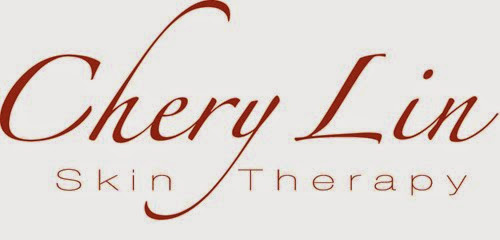Many companies now claim to include natural ingredients in their skin and body care, but it is worth remembering that as there is no governed regulated definition attributed to the term ‘natural’, many ‘chemicals’ are labelled natural because they are derived from natural sources (coconut oil for example). While this may be true, the ingredient has undergone a chemical solvent extraction process or has had synthetic additions added, rendering it very ‘unnatural’.
It is widely accepted that the term ‘natural’ refers to ingredients extracted directly from plants, animals or other source as opposed to being produced synthetically.
But while some raw ingredients are extracted ‘directly’, how many have to undergo processing
or chemical reaction to extract the material and essence? – Well a lot actually. For example, what we often think as being completely natural are essential oils. Most aromatic and therapeutic plants are distilled to produce the essential oils, but this process produces chemicals that weren’t present in the raw ingredient. Some essential oils are extracted using solvents (Rose and Jasmine for example).
Many ingredients have to be treated in order to access other properties, such as Palm oil which is chemically processed to produce an emulsifier, or coconut oil which is converted into an active detergent. By definition, a natural ingredient should be unadulterated, unprocessed and unchanged. Otherwise, can it really be classified as natural, raw or unaltered?
In reality, we are not going to mash a carrot every time we want a rejuvenating mask or crack an egg to condition our hair. Besides, our skins need a fighting chance against the ravages of our modern, stressful lives. So if we want natural skin care what defines an ingredient as ‘natural’?
I think the ingredient must (at least) be:
• present in or produced by nature (plant, animal or microbial);
• produced or formulated using minimal processing;
• directly extracted using the simplest of methods, including natural solvents and chemical reactions (such as acidification, basification, hydrolysis and fermentation);
• produced without the use of synthetic ingredients or petrochemicals;
• cultivated and processed in a sympathetic and ecological way;
• free from all synthetic ingredients (such as artificial colours, emulsifiers and perfumes);
• GMO free;
• free from synthetic preservatives.
So beware of companies making claims they don’t necessarily live up to. Look at the ingredients listed on their products. Those ‘organic’ and ‘natural’ cleansers and creams you’re applying may not be quite as natural and chemical-free as you may have been led to believe.

No comments :
Post a Comment